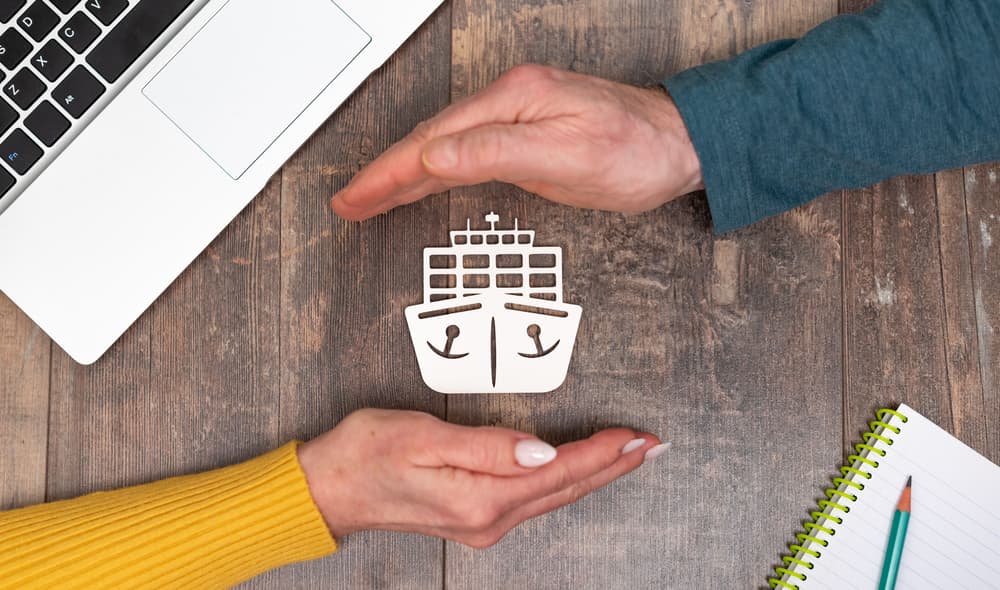
It’s summer. You’re out on the water with your boat, feeling good about life, when suddenly you notice another boat coming too close. The next thing you know, you’re involved in a collision and it’s going to cost you dearly. It should be fine, because you have boat insurance. But what happens when you file a claim and find out your policy doesn’t cover your specific problem?
Avoid the sticker shock and stress with the right boat insurance policy. Here’s what yours should include, along with additional coverage elements you can ask to have added for extra protection.
What it Covers and Why
Though it isn’t mandatory in Ontario, boat insurance is an absolute necessity before you hit the water. It can save you thousands of dollars. Ensure you read your policy carefully before you sign anything. The best boat insurance policies generally have similar certain areas that they cover, and if one of these is excluded from the policy, then you should ask your provider why or shop elsewhere. Don’t take risks with your coverage, and ensure it has the following:
Collision Coverage
Collision coverage will reimburse the replacement costs for parts and the repair fees for your boat in the event of an accident. There are some things you’ll want to ask your insurer about before you sign the papers so you know how far their collision coverage extends. Some provide what is known as comprehensive collision coverage, which usually includes wreckage cleanup and paying for a rental while your boat is repaired.
Uninsured Watercraft Damage
Under Ontario law, boats do not have to be insured, even if it’s the smart choice. That’s why, when you do get your boat insured, it generally comes with uninsured watercraft damage coverage. Through this, you and your passengers will be covered for property and bodily harm damages if you are hit by another boat that doesn’t have insurance. Additionally, it covers you if you are the victim of a hit-and-run accident on the water where you cannot find the person at fault.
Liability Insurance
Everyone makes mistakes from time to time, and a good boat insurance policy should come with liability insurance in case you’re at fault in a collision. Without it, you’ll be forking out the money for your own repairs and any property or bodily injury damages incurred by the other party. It also covers legal fees, medical expenses, and other bills that are associated with the accident. These costs can snowball pretty quickly, especially when multiple people are involved in the incident in question.
Medical Coverage
Following an accident that includes bodily harm, you may have ambulance fees, hospital bills, and/or rehabilitation and prescription medication costs that need covering. This does not factor in money lost from being unable to work due to the accident or legal fees. Having good medical coverage in case of a collision can go a long way to protecting you financially when you or your passengers’ well-being is compromised.
Add-Ons
There are several coverage options that won’t come as part of your insurance policy. However, you can ask to include them, and you usually should as a proactive measure. Doing so can save you a lot of trouble and stress in the future. Check with your provider to see what coverage add-ons they offer, which may or may not include the following:
Comprehensive Coverage
Most marinas will ask you to have a boat insurance policy at the very least, usually with comprehensive coverage, if you plan to dock your boat there. This coverage is suggested as a preventative measure against cases of vandalism or theft.
Accessories and/or Special Equipment
Perhaps you’ve invested in special gear and equipment for your boat. This can include anything from GPS navigational aids and radars to recreational gear, such as fishing rods and scuba diving equipment. These are not insured by comprehensive coverage, but you can get them insured separately.
Personal Effects Coverage
In the case of an accident, you may lose personal items in the water. This can include smartphones and laptops, clothes, cameras, keys, and more. Some providers will offer personal effects coverage as a separate option to cover the loss of expensive items onboard in the case of a collision.
Towing
Like cars, boats have the potential of breaking down at the most unexpected of times due to regular wear and tear, especially if you don’t keep up with minimum maintenance requirements. This can happen when you’re out on the water, and while it is tempting to have neighbours or friends pull you ashore, it can be dangerous and can lead to damage or more expensive accidents. Towing insurance covers you in case you need your vessel to be pulled in.
Need further assistance with your insurance and/or add-ons? Portside Insurance is dedicated to finding the best boat insurance policies for our customers. Serving most provinces, we have been providing top-quality, cost-effective solutions to Canadians across the nation since 1922. Call us at 1-844-491-0963 to reach a professional near you, or contact us today to get started.




